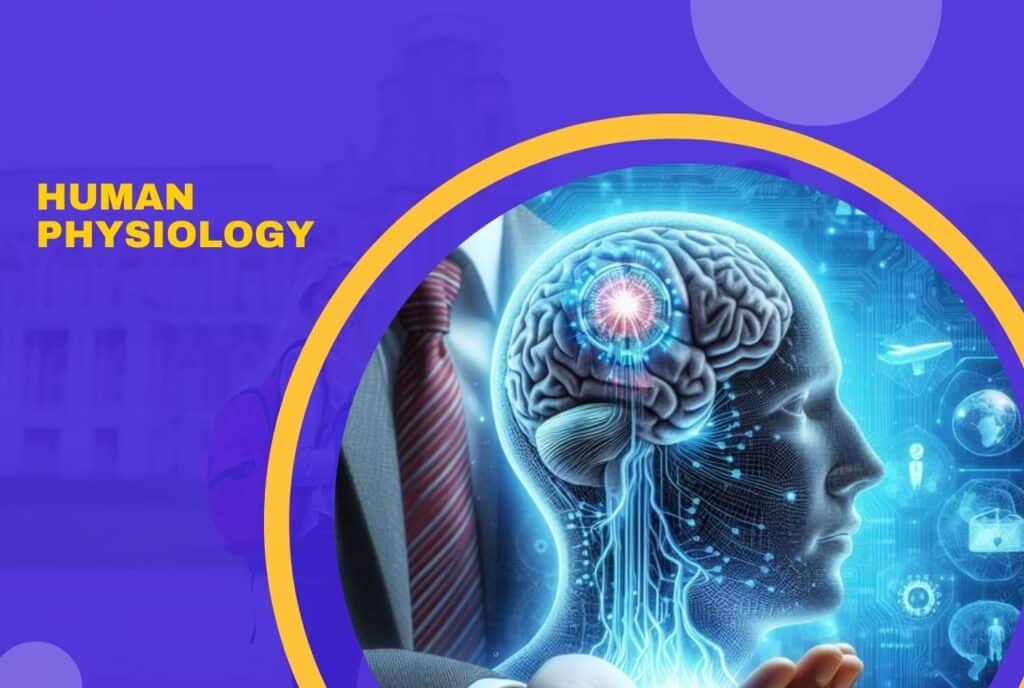The NEET 2025 exam stands as a critical milestone for thousands of medical aspirants across India, determining entry into prestigious medical colleges nationwide. Scheduled to be held on May 4, 2025, the exam continues to follow the same format and content structure, as confirmed by the National Medical Commission (NMC), which has retained the NEET 2025 syllabus without any modifications from the previous year.
With the vast expanse of the syllabus covering three core subjects—Physics, Chemistry, and Biology—aspirants often face challenges in determining where to focus their energy. However, within this vast ocean of information, certain areas have historically proven to be game-changers due to their high weightage and recurring presence in past papers.
Strategic preparation, especially around these key focus areas of NEET syllabus, can dramatically enhance a student’s performance. By zeroing in on high-yield chapters and mastering them thoroughly, aspirants can gain a significant edge in the competition.
Understanding the Key Focus Areas of NEET Syllabus for 2025
The NEET syllabus is carefully curated by the NMC and spans three major subjects: Physics, Chemistry, and Biology. Each subject is subdivided into multiple chapters from both Class 11 and Class 12 syllabi of NCERT textbooks. Understanding the structure and weightage of each section is the first step in building an effective preparation strategy.
NEET is not just a test of memory but also of conceptual clarity and application skills. Over the years, an analysis of past NEET papers has shown a pattern—certain chapters are consistently targeted, yielding higher returns for the same amount of study time.
By focusing on the key focus areas of NEET syllabus, students can make their study plans more efficient and impactful. These high-weightage areas often contribute 50–60% of the total questions, making them crucial for scoring well. Below, we delve into five such game-changing focus areas that every NEET 2025 aspirant should prioritize.
1. Human Physiology
One of the most significant parts of the Biology section, Human Physiology regularly features 10–12 questions in NEET every year, making it an absolute game-changer for students aiming for top scores.
Key subtopics include:
- Digestive and Absorptive Systems
- Breathing and Exchange of Gases
- Body Fluids and Circulation
- Excretory Products and Their Elimination
- Neural Control and Coordination
- Chemical Coordination and Integration

These topics not only form the foundation for MBBS-level studies but also test the student’s ability to understand and recall complex processes and interactions. To master this section:
- Focus on NCERT diagrams and flowcharts.
- Use mnemonics for hormone names, enzymes, and cycles.
- Clarify common misconceptions like the difference between negative and positive feedback mechanisms.
- Practice label-based diagram questions and concept-based MCQs.
A strong command of Human Physiology can substantially improve the overall Biology score, which accounts for 50% of the NEET paper.
2. Genetics and Evolution
Genetics and Evolution is another high-impact area with 8–10 questions frequently asked. The complexity and interconnectivity of its concepts often make it a challenge, but those who master it find it to be a score booster.
Important subtopics:
- Mendelian and Non-Mendelian Inheritance
- Molecular Basis of Inheritance
- Chromosomal Disorders and Pedigree Analysis
- Theories and Mechanisms of Evolution

Common student struggles include understanding Punnett squares, solving numerical genetics problems, and linking theoretical knowledge to real-life applications. The key is:
- Repeated practice of numerical problems
- Creating a concept map of laws and exceptions
- Connecting genetics with its medical relevance, such as understanding the genetic basis of diseases
This area requires conceptual clarity and analytical thinking, and when tackled smartly, can set candidates apart.
3. Organic Chemistry
Organic Chemistry consistently carries significant weightage, especially in the Chemistry section, making it indispensable in NEET preparation.
High-yield subtopics include:
- Hydrocarbons (Alkanes, Alkenes, Alkynes)
- Alcohols, Phenols, Ethers
- Aldehydes, Ketones, Carboxylic Acids
- Biomolecules and Polymers
- Reaction Mechanisms and Named Reactions

Students often find reaction mechanisms and product prediction challenging. To overcome this:
- Practice reaction series and focus on functional group transformations
- Memorize mechanisms using flowcharts and logical reasoning
- Use flashcards and sticky notes for named reactions and reagents
- Practice application-based MCQs
With consistent practice, Organic Chemistry can go from intimidating to one of your strongest areas.
4. Mechanics in Physics
Mechanics forms the backbone of Physics and contributes to almost 12–13 questions in every NEET paper. It covers essential Class 11 topics and often appears more complex due to its mathematical nature.
Key subtopics:
- Kinematics
- Laws of Motion
- Work, Energy, and Power
- Rotational Motion
- Gravitation

While theory is crucial, the real challenge lies in problem-solving and formula application. Key strategies include:
- Deriving formulas instead of rote memorization
- Practicing unit analysis and avoiding common sign and calculation errors
- Creating visual representations of problems using free-body diagrams
- Allocating extra time to this section due to its heavy numerical component
Mastering Mechanics improves confidence in tackling other Physics chapters as well.
5. Ecology and Environment
Often underestimated, Ecology and Environment is among the most scoring areas in NEET, contributing 12–15 direct questions almost every year.
Major topics include:
- Ecosystem Functions
- Biodiversity and Conservation
- Environmental Issues and Pollution
- Sustainable Practices and Laws

This section is concept-driven and based largely on NCERT content, making it one of the easiest to master. Preparation tips:
- Read NCERT Biology textbooks thoroughly, including example boxes and case studies
- Make summary notes with important definitions and examples
- Stay updated on current environmental issues through newspapers or trusted websites
- Use flashcards to revise terminologies and concepts
Since most questions are direct and factual, this unit provides an excellent opportunity to maximize scores with minimal effort.
Effective Preparation Strategies for NEET 2025
To balance the vast syllabus effectively:
- Create a subject-wise timetable allocating more time to weaker areas
- Incorporate daily practice of MCQs and weekly mock tests
- Use trusted resources like NCERT, MTG books, and previous year papers
- Consider enrolling in reputed coaching centers for structured guidance
One such center is Chaitanya Bharathi, one of the best IIT JEE and NEET coaching institutes in Guwahati and Assam, renowned for its South Indian faculty and comprehensive, result-driven methodology.
Wrapping Up
The key focus areas of NEET syllabus—Human Physiology, Genetics and Evolution, Organic Chemistry, Mechanics, and Ecology—serve as game-changers in shaping a student’s NEET performance.
While balanced preparation across all subjects is essential, giving strategic attention to these five areas can drastically increase your chances of securing a top rank. As NEET 2025 approaches, aspirants should focus on clarity, consistency, and practice.
Stay motivated, stay focused, and remember—smart study beats hard study when done right. Wishing all NEET 2025 aspirants success and strength in their preparation journey!












